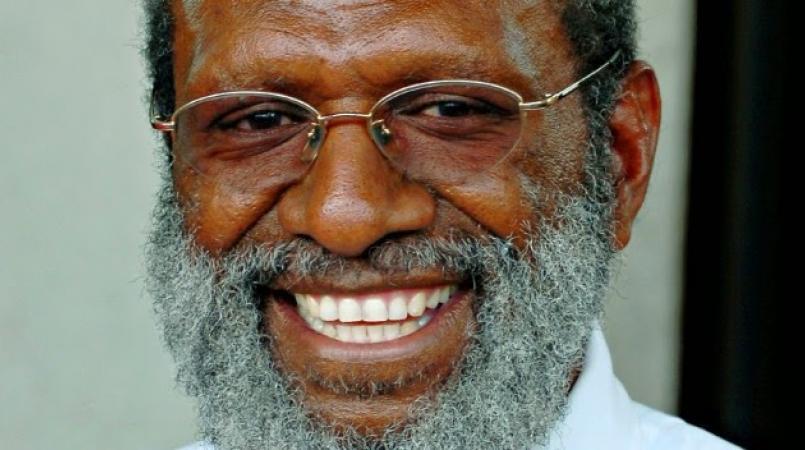
Parliament today rejected to pass the proposed National Water and Sanitation Bill following strong concerns of the financial consequences on Papua New Guineans.
The Bill just fell short by one vote of the required majority vote of 56, with seven members voting against it.
After passing the Tobacco Control Bill of 2016, it looked like the Water Sanitation Bill would follow suite however, the Bill did not muster the required number.
This followed a speech by Opposition Member Kerenga Kua, who labeled the Bill as another instrument that will only raise taxes and costs even more for ordinary citizens.
“Are we here to tax and tax our people to death? Or are there some services that we should provide at a break-even basis without operating it on a commercial basis and giving it to our people to improve and maintain their quality of life,” said Kua.
Minister for Public and State Enterprise, William Duma, in his Ministerial statement said the Bill will repeal the National Water Supply and Sewerage Act 1986 and the replacing of Water PNG with a new entity called Water PNG Limited.
The entity is to operate as a fully commercial enterprise as envisioned under the Kumul Agenda.
“The Waterboard also has certain regulatory functions under the National Water and Supply Sewerage Act and the Regulations. This has proved to be an unsatisfactory arrangement, both from a policy and an administrative point of view, and also because of the untidy nature of the governing legislation.”
“As a policy matter, the supply of water and the provision of sanitation services should be done on a commercial basis by a new corporatised entity which will take over these functions from the Waterboard,” said Duma
Before the third reading of the proposed Bill, Kua informed the parliament that such entities created moved the government away from the people.
“This is going to be destructive to life everywhere in this country. I would rather we go back to the drawing board and identify which services should now become the subject of a commercial operation in which the State can participate. Because theres going to be a deviation from our primary from providing goods and services,” said Kua.
He further stated “If you put in this profit motive, as the Minister has just said, the price is expected to grow about another 30 – 40 per cent. That’s going to add to the problems the first time home buyers have, even people who want to go into investment, who start out in small homes in the suburbs, they pay more to the Waterboard, they pay more to PNG Power, they cant afford to take off in a small business because this costs just ad up.”
